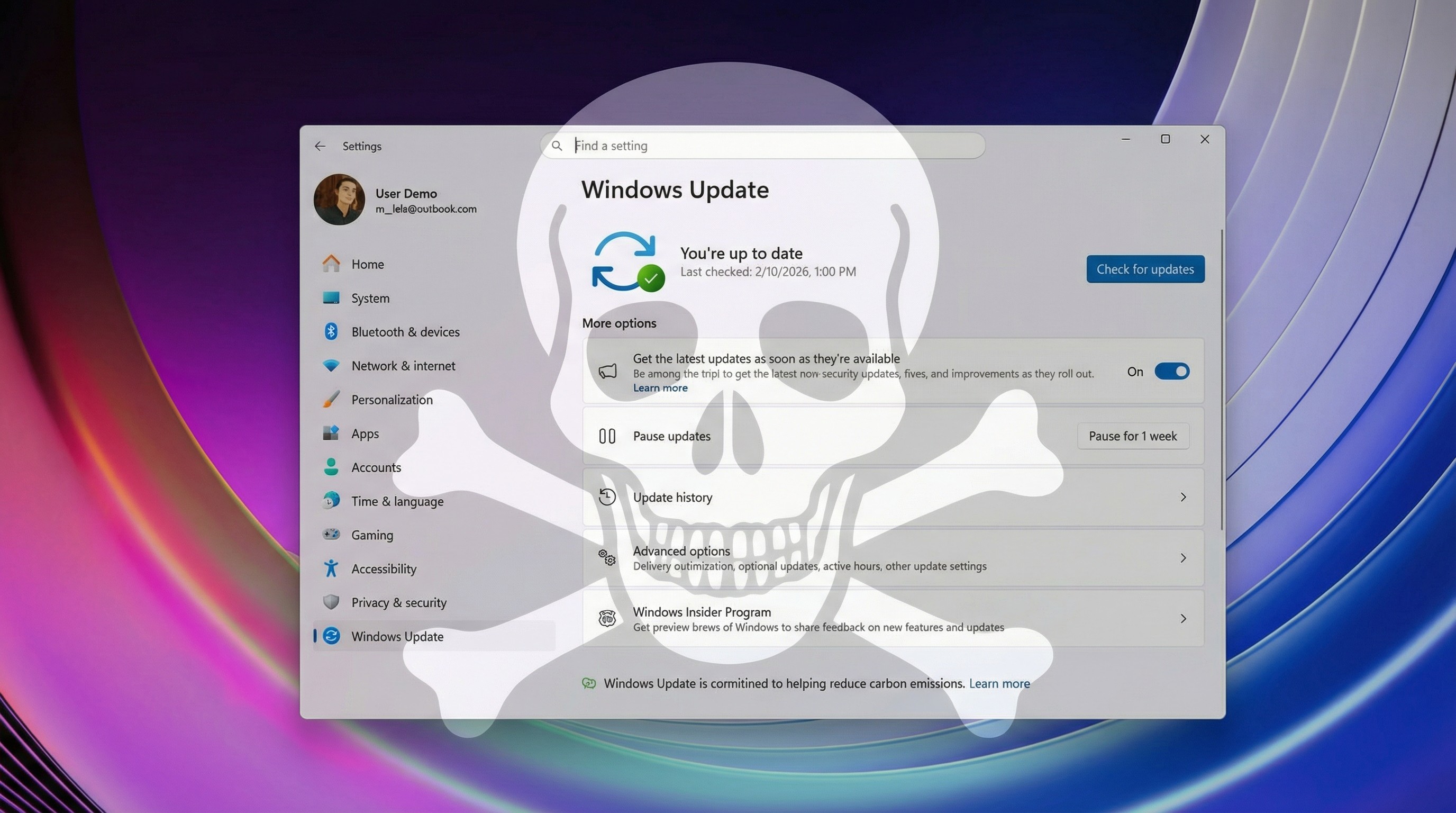Why Microsoft's Developer_Direct is the perfect modern show format Xbox needs
Xbox's 2023 is looking bright.
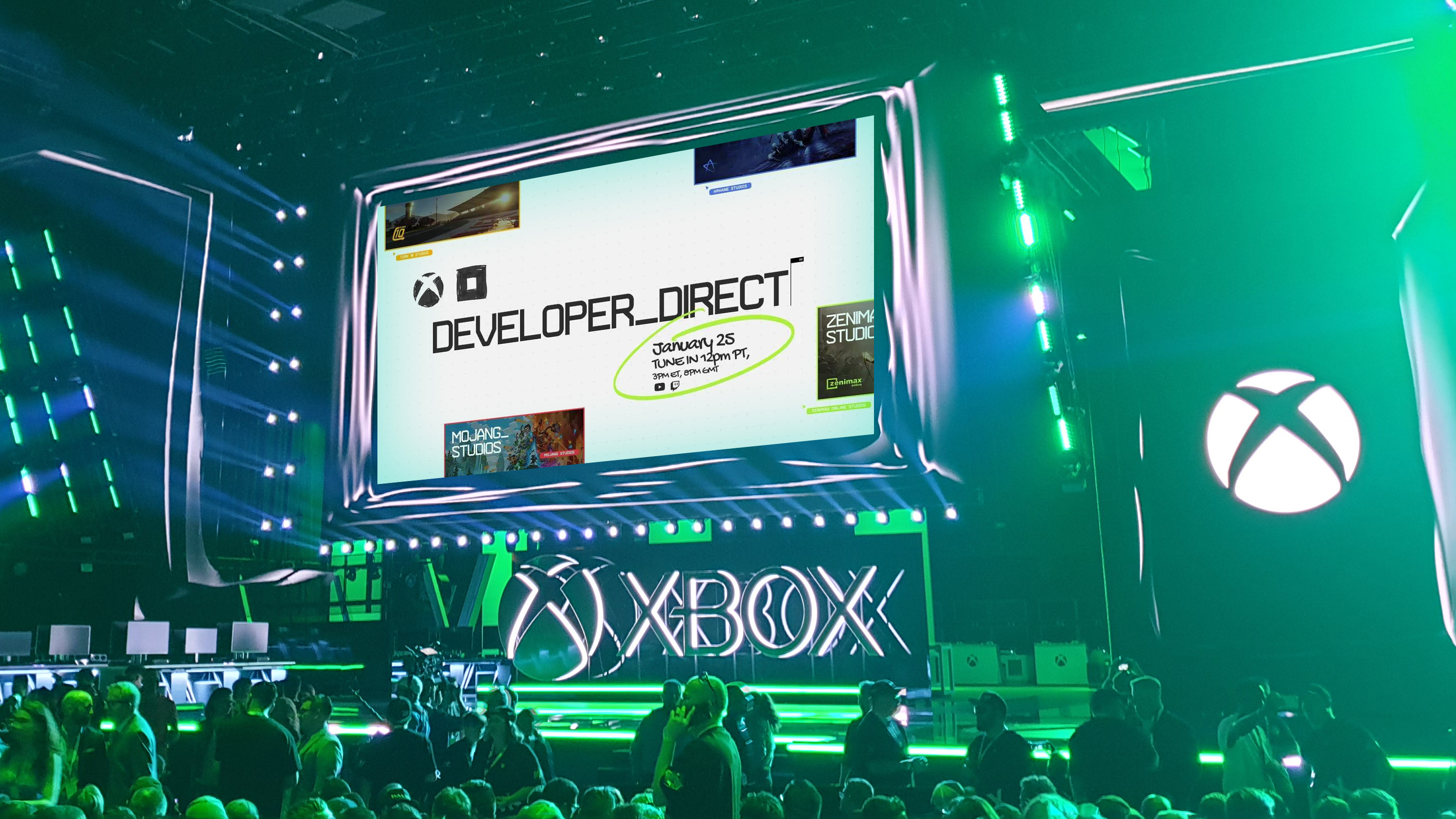
All the latest news, reviews, and guides for Windows and Xbox diehards.
You are now subscribed
Your newsletter sign-up was successful
After our exclusive reveal, Microsoft itself confirmed that its next Xbox showcase is dubbed Developer_Direct.
The Developer_Direct show will go live on January 25 at 12 PM PT across YouTube and Twitch, giving Xbox and PC gamers a glimpse at Microsoft's upcoming product slate. The games include the vampiric action adventure Redfall, the racing sim Forza Motorsport, the action tactics game Minecraft Legends, as well as content from Elder Scrolls Online developer ZeniMax Online Studios. There may be other surprises along the way as well from other upcoming Xbox games — time will tell.
In any case, Developer_Direct is a new format for Microsoft, which has generally struggled outside of its traditional E3 marketing beat to build a format that resonates with core audiences and beyond. Part of that is down to content potentially, but the new format is also indicative of modern marketing trends for gaming, arguably established by Nintendo's popular "Direct" format that creates frequent pockets of hype with gamers of all stripes.
I think it's no accident, then, that Microsoft has "Direct" in the name of its new format. Microsoft has been fairly transparent with how this show will play out too, revealing what content we can expect, while also offering some details on the format.
Here's why I think the Developer_Direct format is going to be a big success for Microsoft and its teams, and why it's the right way to bring the audience along for the ride as development cycles evolve.
Developer_Direct: What is Microsoft telling us?
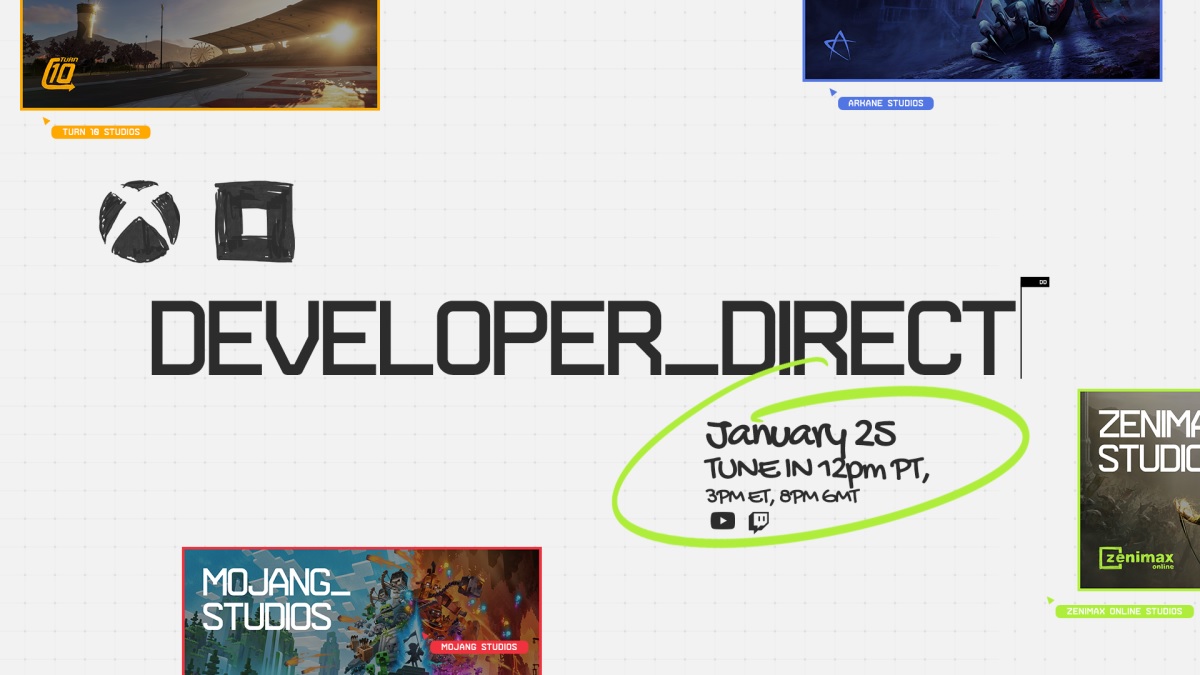
Microsoft communicated a fair bit in its blog post on the Developer_Direct but has also communicated subtly with the presentation of the show's artwork as well.
It's no accident that the Developer_Direct showcase lead imagery is presented on a whiteboard, complete with sharpie-inked logos and text. Microsoft is communicating the fact that we're being offered an in-progress glimpse behind the scenes, essentially being invited into the developers' studios, to learn more about these upcoming titles.
All the latest news, reviews, and guides for Windows and Xbox diehards.
Microsoft's Xbox Games Marketing VP Aaron Greenberg noted in a tweet that the showcase will not sport sit-down interviews with hosts, per previous shows. Instead, this showcase will feature "extended gameplay" demonstrations and specific features from the four pillar titles expected at the show. We'll get a look at the next major update for Elder Scrolls Online. We'll learn more details about Forza Motorsport and the tech powering it. Minecraft Legends will demonstrate how PvP works alongside exclusive new gameplay footage. Redfall will showcase "several" minutes of new gameplay from the title, offering a glimpse at boss battles, customization, and more.
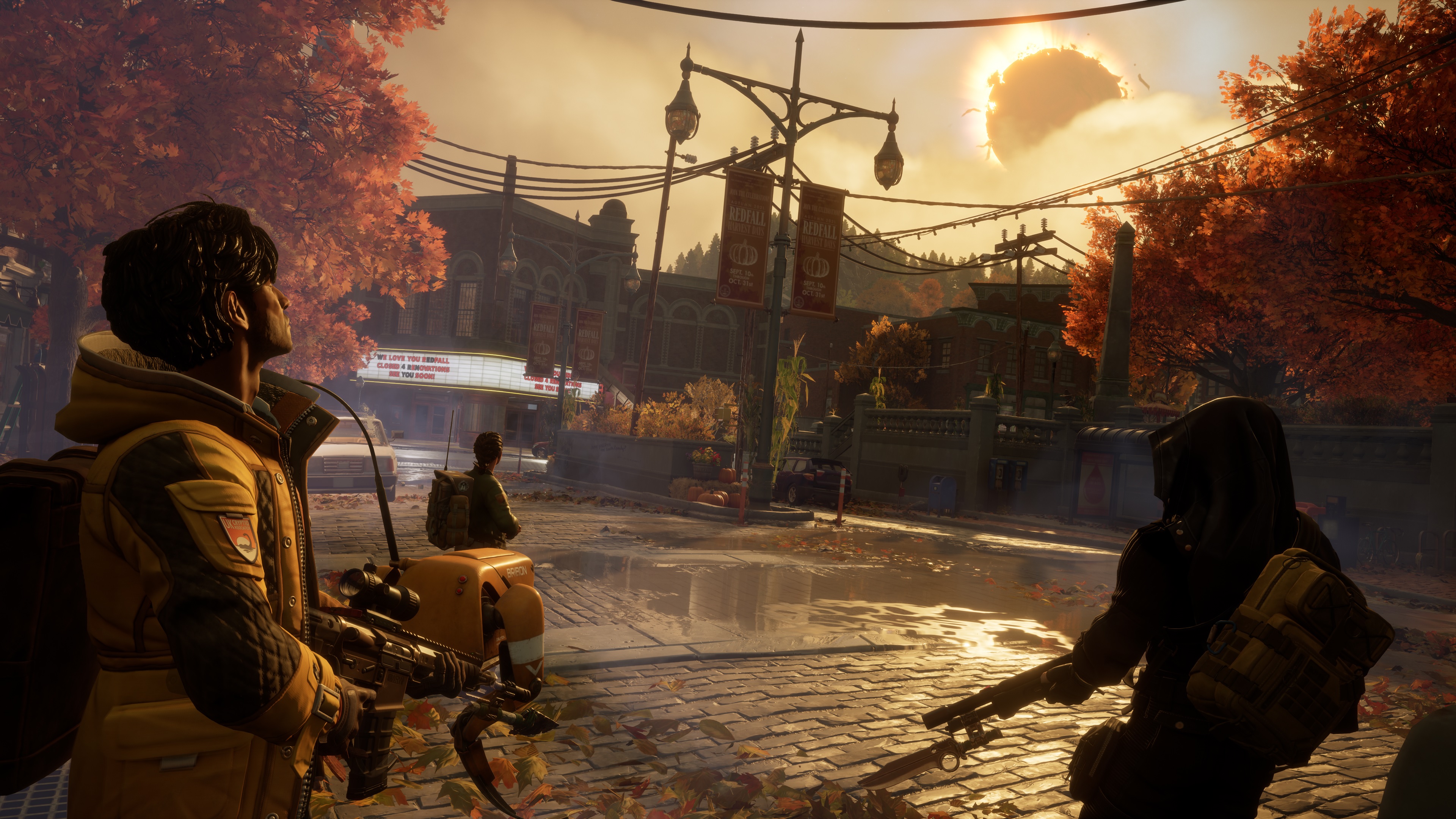
Microsoft has been criticized in the past for the way it lays out its shows. Previous events went heavy on long-form sit-down interviews with developers, interspliced with gameplay footage, often from existing trailers, alongside re-iterative chatter and banter rather than raw, new information. Microsoft's hosts do a great job typically, but increasingly it seems like fans in general want something different.
Perhaps it's the immediacy of our insta-gratification modern social media world, or generalized impatience over Microsoft's performance in general when it comes to exclusive titles. Whatever the reason, fans have reacted positively to the news that this show will feature developer commentary in its entirety, gunning for a simpler, info-first format.
No hosts means exactly that, go inside the game studios as our dev teams walk you through extended gameplay showcases.January 11, 2023
Longer dev cycles has impacted traditional marketing ideas
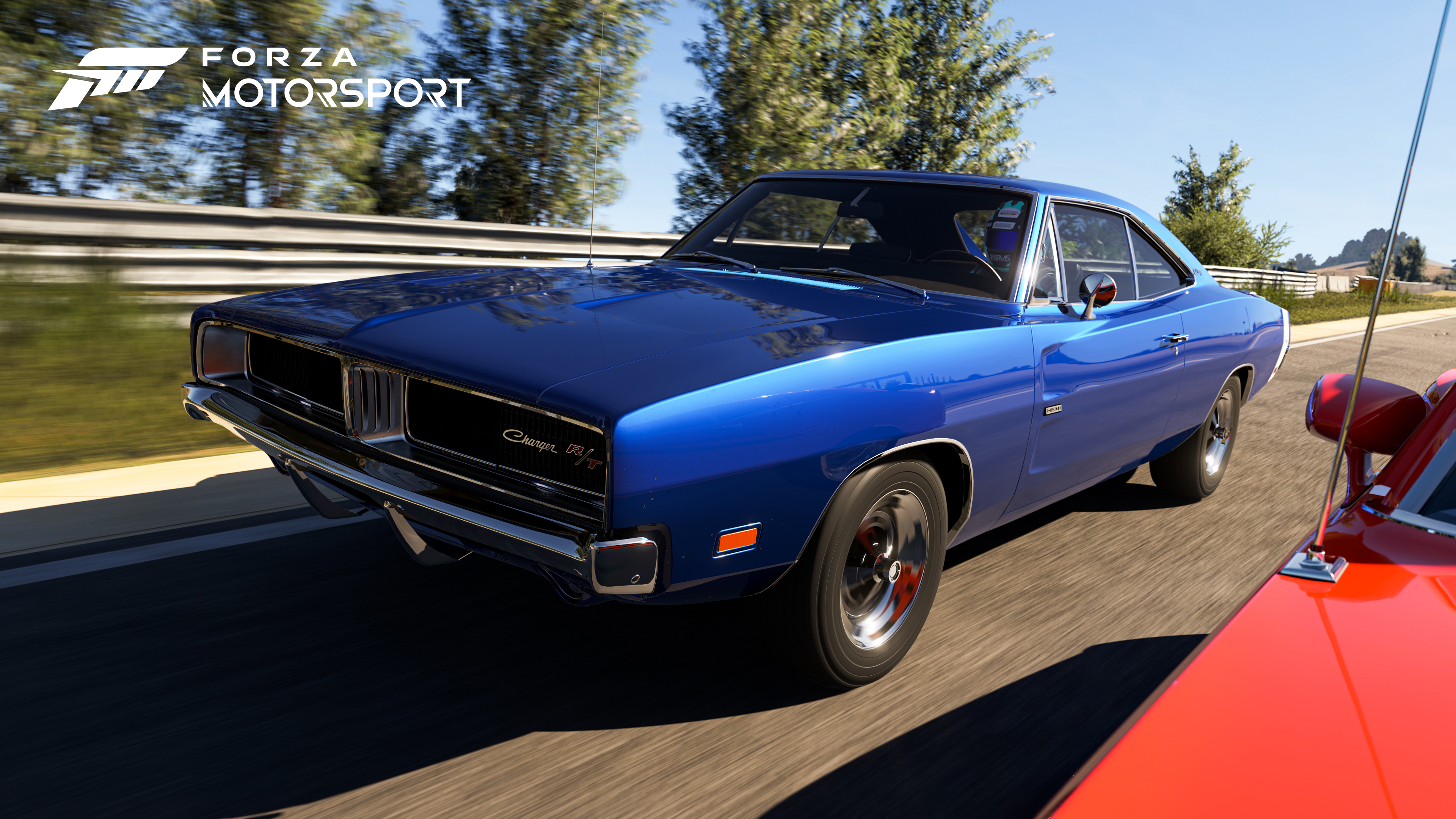
Microsoft has been criticized in recent years for its approach to video game presentations. Halo Infinite's notorious gameplay reveal led to "Craig" meme, which poked fun at the game's early visual quality. Microsoft cleverly adopted the meme fairly early on and pivoted hard into improving Halo Infinite's graphics. Subsequent showings revealed a far more presentable game, but the whole incident informs us of how difficult it has become to build marketing showcases for some of these kinds of games.
Fans have been asking for some time for Microsoft to consider a more Nintendo-like approach to marketing beats. Nintendo's Direct shows often focus on single games, while setting expectations early. Speculation and hype drive social media conversations and lead to content creation, which in turn leads to virality and word-of-mouth awareness. None of it works, though, if you don't have the content — and that perhaps represents Xbox's biggest challenge in recent years. That's about to change, though.

Microsoft has a mountain of upcoming Xbox games in the works, both officially and unofficially. Projects from Wasteland's InXile, a sequel to The Outer Worlds, Elder Scrolls 6, the list goes on and on. Lining up developmental timelines around singular events like E3 in June or The Game Awards in December is doubtless quite tough, and holding marketing materials for months in advance of a show just increases the possibility of leaks. Offering content to fans directly as and when it is ready seems like a far smarter bet, and has a number of upsides with few visible downsides.
Nintendo and Sony both have adopted this marketing strategy for the most part. Ditching shows like E3 for a "when it's ready" direct-to-consumer approach. You could argue that Microsoft's focus on these kinds of shows is a smart bet, given the fact they're currently third place in the console war.
Opting for events where there are more eyeballs could help Microsoft obtain a broader reach, but at the same time, it also prevents games from shining in their own right. Starfield (from the creators of mega-blockbusters Elder Scrolls and Fallout) is skipping the first Developer_Direct. You'd have to assume that smaller titles like Minecraft Legends would have been totally and completely overshadowed by Starfield had it been present. This format gives all games, big and small, an opportunity in the spotlight.
Transparency and frequency
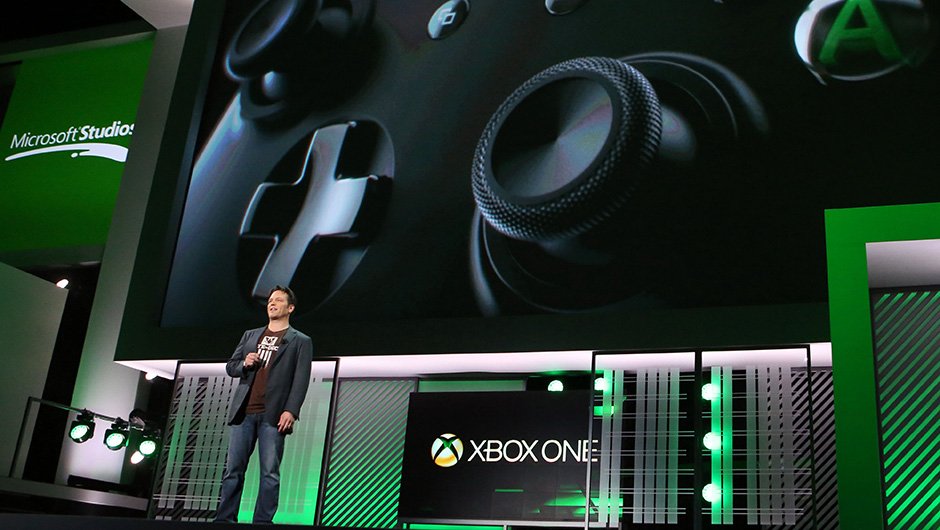
Developer_Direct is a potentially versatile platform that could become synonymous with excitement and quality information if Microsoft plays its cards right and manages expectations appropriately. The imagery speaks to this idea of peeking behind the curtain and learning more about games as they are in progress, direct from the studio's meeting rooms, whiteboard sharpie in hand. I think transparency could go a long way to combat toxicity and erode the mystique and FUD that can arise when a game is revealed before marketing teams have been able to slap an Instagram filter all over everything. When GTA6 footage leaked, the uninitiated assumed that the graphics represented a finished product, which is absurd to most likely anyone reading this, but therein lies the confusion around the way games are made.
Microsoft has an opportunity to demystify the game development progress with this format, and I'd argue that's more needed than ever.
Fun fact: Video game production cycles have gotten so long that if a big-budget game studio started working on a brand new project today, it would likely be for the PlayStation 6January 2, 2023
Jason Schreier of Bloomberg recently had a viral tweet that emphasized the reality of modern game development. A "AAA" title entering development in 2023 is likely going to be for the PlayStation 6, or in our case, the Xbox Series XL 2 Plus Ultra Max. It's daunting when you consider that we're barely three years into the current console cycle, and we've arguably been robbed of a couple of years of it thanks to Covid delays.
As development cycles elongate, the prospect of having controlled, shiny, highly pre-packaged marketing events just seems needless. Avoiding leaks over such a huge period of time is unlikely at best, and you lose the opportunity to present your content to jerks like me who need clicks to keep their job. Fans fill the gaps in their knowledge with uncertainty, giving detractors ammunition for toxic console war debates and fans needless headaches waiting for content.
In my view, bringing fans into the studios to learn more about the developmental process will build excitement in the industry itself, and help fans feel more connected to the teams making these experiences. I can only speak from experience, as a fan, how my love for the gaming industry has evolved since I began covering it in a professional context. Being lucky enough to visit studios and learn even the most basic aspects of development helped deepen my empathy and admiration for the teams and artists making these titles too. I suspect it would do the same for others. Now, please excuse me while I go manifest a Starcraft 3 Developer_Direct.

Jez Corden is the Executive Editor at Windows Central, focusing primarily on all things Xbox and gaming. Jez is known for breaking exclusive news and analysis as relates to the Microsoft ecosystem — while being powered by tea. Follow on X.com/JezCorden and tune in to the XB2 Podcast, all about, you guessed it, Xbox!
